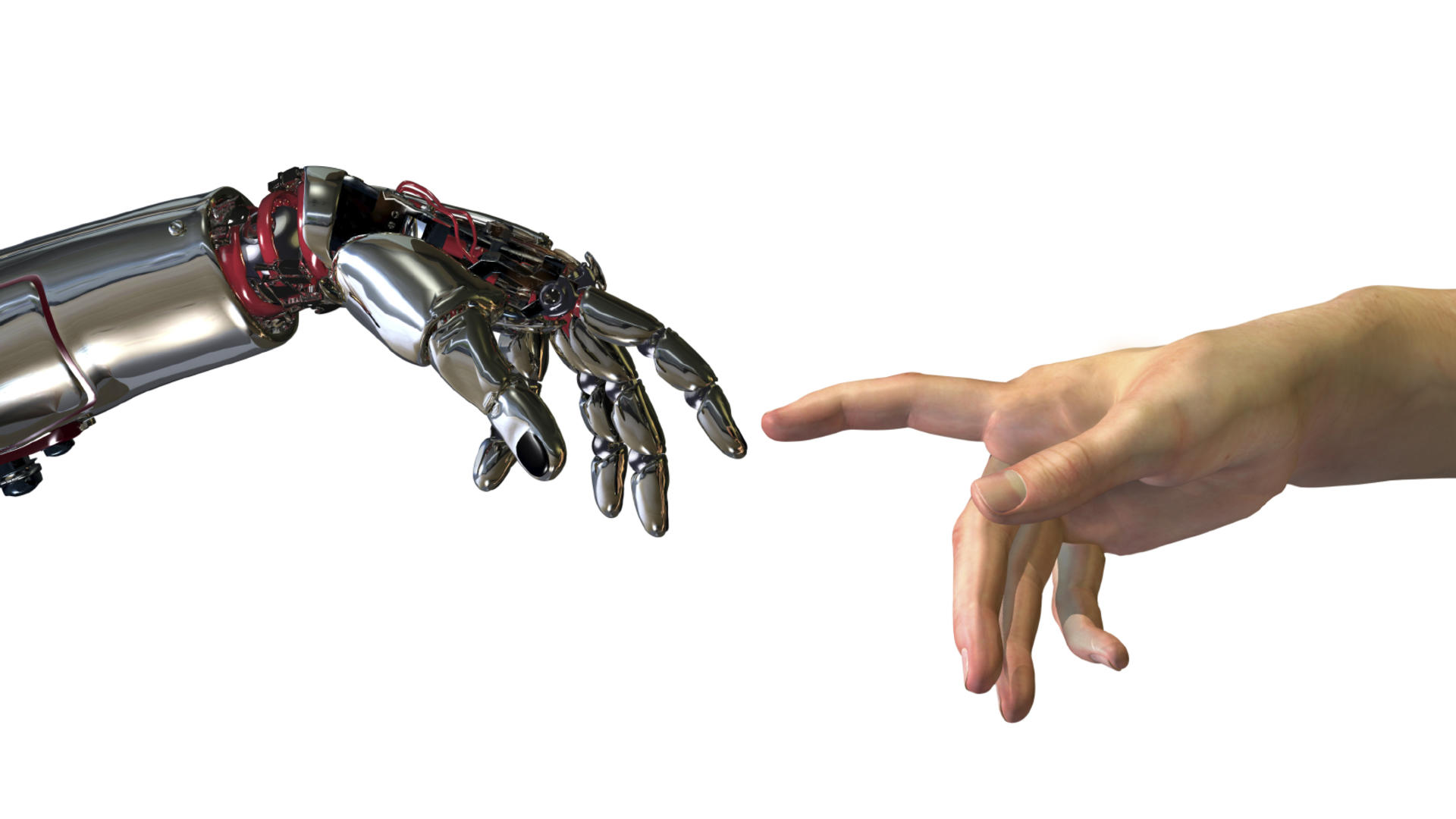In one of the discussion boards for the Master’s in Information and Library Science that I’m taking, I was asked to comment on the following. Wikipedia is (or is not) an acceptable source to use for research because . . . . Here’s what I wrote.
Wikipedia is an acceptable source to use for research because computer simulations have proved that it has a remarkably effective infrastructure for weeding out “epistemically disruptive agents” (read: disinformers and trolls).
From the abstract to Valentin Lageard’s article, ‘Trolls, bans and reverts: simulating Wikipedia‘:
The surprisingly high reliability of Wikipedia has often been seen as a beneficial effect of the aggregation of diverse contributors, or as an instance of the wisdom of crowds phenomenon; additional factors such as elite contributors, Wikipedia’s policy or its administration have also been mentioned. We adjudicate between such explanations by modelling and simulating the evolution of a Wikipedia entry. The main threat to Wikipedia’s reliability, namely the presence of epistemically disruptive agents such as disinformers and trolls, turns out to be offset only by a combination of factors: Wikipedia’s administration and the possibility to instantly revert entries, both of which are insufficient when considered in isolation. Our results suggest that the reliability of Wikipedia should receive a pluralist explanation, involving factors of different kinds.
That said, Wikipedia is not an acceptable source for citing in academic papers, because it has not gone through the same peer review process that we expect of scholarly publications. There is a type of peer review that happens in Wikipedia, to be sure, and this is quite effective when it comes to raw facts, as Lageard showed with the computer simulations. But this is not the same type of peer review that goes into scholarly publications, which takes many things into consideration which Wikipedia, by its very nature, cannot. If one could cite Wikipedia in papers then theoretically a person without intellectual integrity could edit Wikipedia to reflect some particular bias or error, then quickly quote Wikipedia before the error has been corrected, saying something like “Wikipedia, as accessed on 10/16/19.”
Another reason that Wikipedia should not be cited in academic papers is because the standards ensuring good quality prose are very poor. The result is that some very bad prose emerges from the online encyclopedia (Nicholas Carr has collected some examples). The fact that so much work has been done to ensure or prove the factual accuracy of Wikipedia, compared to little to no work on Wikipedia as good prose, reflects the positivist and pragmatic bent of our anti-intellectual moment.
There are also ethical reasons not to allow Wikipedia the dignity of being a respectable source for citation since it is both a symptom and a cause of what Nicholas Carr called “the self-reinforcing power of the web’s centripetal force.” From his book Utopia is Creepy and Other Provocations:
Wikipedia provides a good example of the self-reinforcing power of the web’s centripetal force. The popular online encyclopedia is less the sum of human knowledge than the black hole of human knowledge. A vast exercise in cut-and-past paraphrasing (it explicitly bans original thinking), Wikipedia first sucks in content from other sites, then it sucks in links, then it sucks in search results, then it sucks in readers. And because it prevents search engines from taking account of its outbound links to the sources of its articles, through the use of ‘no follow’ tags, it reinforces its hegemony over search results. Light comes in but doesn’t go out. One of the untold stories of Wikipedia is the way it has siphoned traffic from smaller specialized sites, like the excellent Stanford Encyclopedia of Philosophy, even though those sites often have better information about the topics they cover. Wikipedia articles have become the default external link for many creators of web content, not because Wikipedia is the best source but because it’s the best-known source and, generally, it’s ‘good enough.’ Wikipedia is the lazy man’s link, and we’re all lazy men, except for those of us who are lazy women.
At best, Wikipedia is great as a springboard towards further research, and it is also great for fact-checking, or for settling disputes with friends (at least for disputes involving facts, such as the year of George Washington’s birth or the mating habits of dolphins). A librarian may also find Wikipedia helpful in conducting a facet analysis, or doing pre-search activities before putting a query into a databases. Consider that sometimes it can be very hard to help a library patron conduct effective research if it is a topic you know nothing about. Wikipedia is a good way to bring yourself up to scratch on something quickly. In fact, it is such a good tool at doing this, that many people stop there and don’t go any further.
To sum, it is acceptable to use Wikipedia for some of your research, but you shouldn’t quote from it when writing papers.


